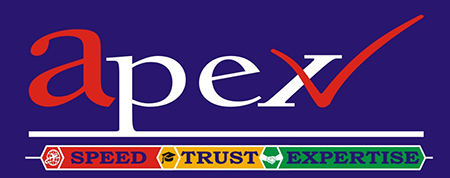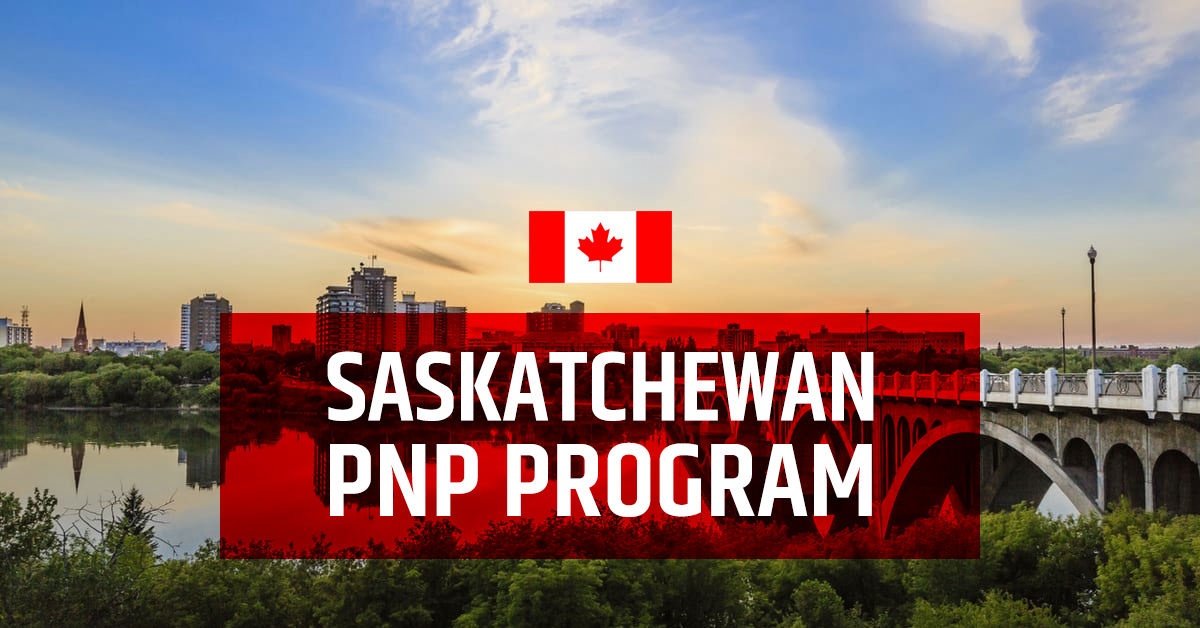The Government of Canada is majorly focusing on increasing the number of skilled immigrants & their family members. So, they can obtain permanent residence through the Atlantic Immigration Pilot Program AIPP this year by 500. Ultimately their main aim is to bring the 2018 allotment to 2,500.
Canada’s Minister of Immigration, Mr. Ahmed Hussen, announced the increase in numbers after the meeting with the premiers of Canada’s four Atlantic Provinces — Nova Scotia, New Brunswick, Prince Edward Island & Newfoundland and Labrador.
Hussen said the increase reflects the “significant use of and interest in” the Atlantic Immigration Pilot Program (AIPP) from businesses in the four provinces in 2018.
AIPP is the new immigration program launched by Atlantic provinces by the guidelines of the federal government.
Listed below are the main benefits of AIPP:
- require limited language proficiency
- skilled work experience of NOC ‘C’ occupation is accepted. But in the express entry, they only accept the skilled work of ‘O’, ‘A’, and ‘B’.
- it majorly requires secondary education
Eligibility for Atlantic Immigration Pilot
The Employers who are looking to fulfill labor gaps through the Pilot must be approved for eligibility by being designated. Later on, their positions will be endorsed by the Province.
To become designated, an employer must:
- Have a business operating in good standing
- Provide information on labor needs
- Commit to working with a service provider organization on settlement and retention
To become endorsed, an employer must:
- Demonstrate efforts to hire locally have not been successful
- Recruit a foreign worker
- Provide a valid, full-time, non-seasonal job offer co-signed with the foreign worker
- Provide an individualized settlement plan co-signed with the foreign worker
In addition, many recent changes to the AIPP provides benefits for international students, employers in the healthcare sector, and the provinces:
- The time duration for international graduates is extended to 24 months post-graduation to apply for the AIP. As a result, this increases the number of eligible international graduates that can participate in AIP and give them the time so they complete the PR application process.
- Employers in the healthcare sector are now able to hire internationally trained nurses. Hence, work as continuing home care support workers in order to fulfill job vacancies.
- The Atlantic provinces will have new authorities to focus their AIP spaces on in-demand labor market needs. This change will consequently lead to better oversight of the pilot and hence, give provinces greater ability to manage designated employers.
- Beginning May 1, 2019, IRCC requires that overall applicants meet the language, education, and work experience of the AIP prior to being approved for a work permit.























